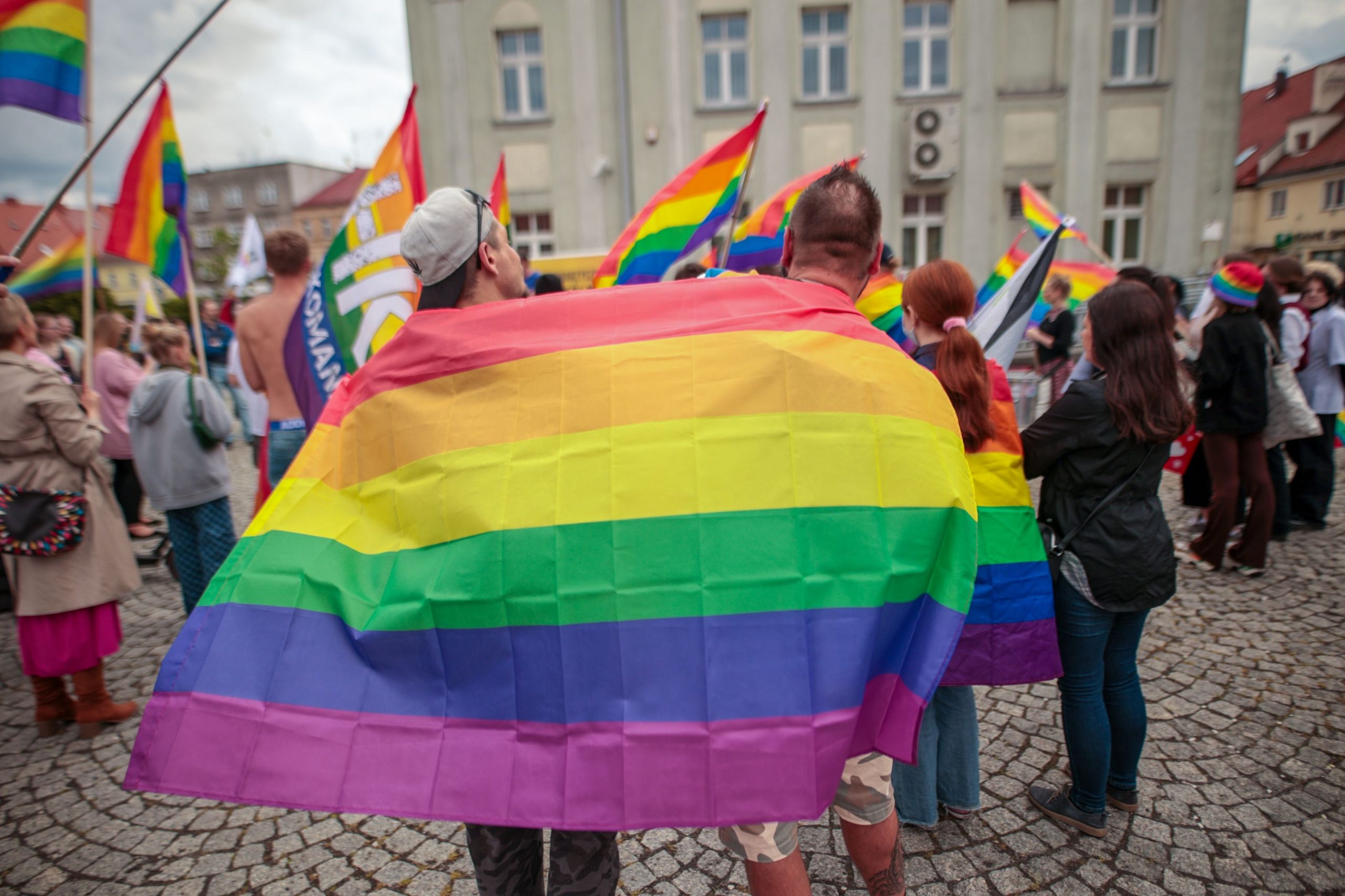LGBTQ history in the UK is representative of the sheer bravery shown by the queer community in the face of humiliation, oppression, cruelty and criminalisation.
While its not only key to read and understand queer history as a sign of respect to those who fought for the rights, its even more important to look at the continuation of LGBTQ liberation movement and understand the continued struggle for LGBTQ folks.
1988: Lesbians abseil into House of Lords to protest Section 28
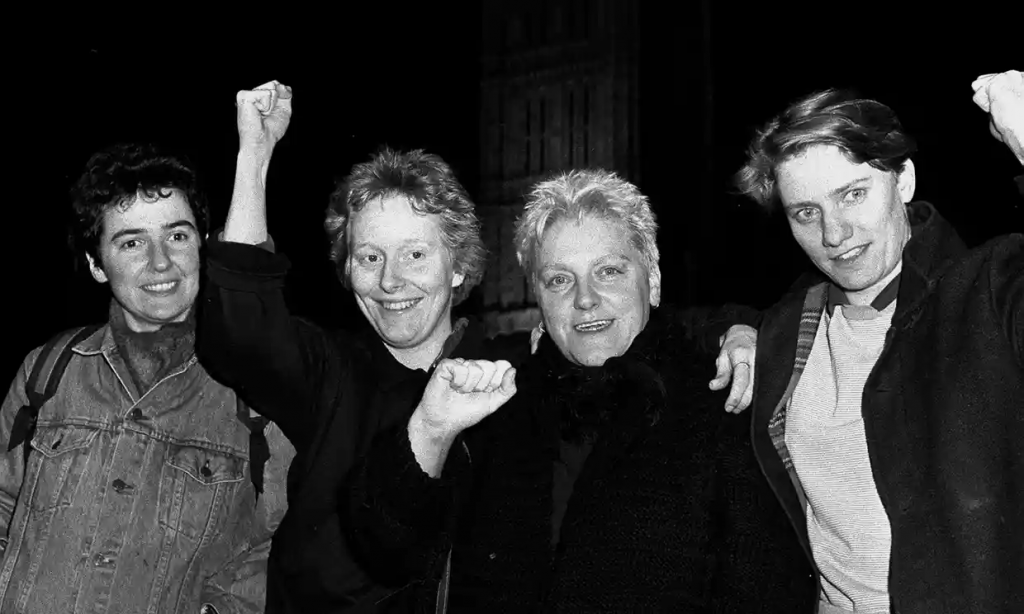
When the House of Lords voted on the highly controversial Section 28 law on February 2 1988 a group of lesbian activists, the self-proclaimed ‘lesbian avengers’, made sure to show politicians just how formidable the Queer community could be.
After smuggling ropes, including an old washing line, into the public gallery, directly above the main chamber of the House of Lords, the women abseiled into the main chamber of the house, where the vote was taking place.
While the move didn’t change the outcome of the vote, it did signal change within society and forced many politicians to acknowledge that Queer people were not going to be silenced.
2007: ‘Some people are gay, get over it’ campaign takes Britain by storm
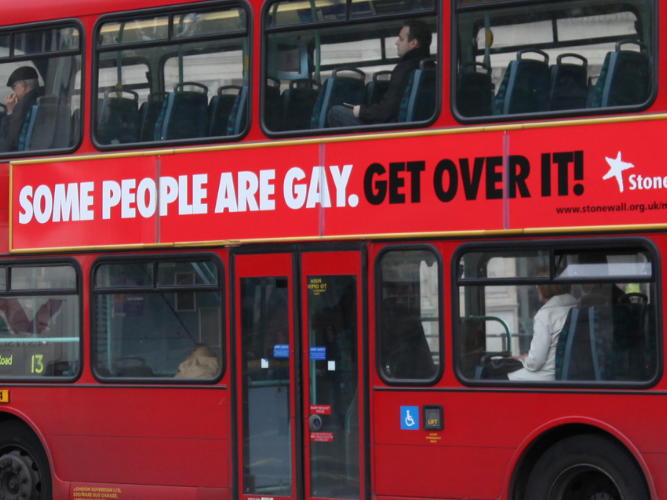
Once a pipe dream in the fight for LGBTQ acceptance, the unapologetic campaign was impossible for the UK public to ignore.
Simple and transferrable, the campaign took the message of acceptance to tube stations, bus stations and the sides of buses up and down the country.
The iconic red posters, which have now been extended to include lesbians, bi people, trans people and Black and minority ethnic LGBTQ people, were distributed to secondary schools, billboard advertising and public transport stations up and down the UK.
Although they received 54 complaints upon the release of the campaign, the Advertising Standards Agency sanctioned the campaign, which has been spearheaded by celebrities and influencers across the globe.
2013: The UK’s first ever Trans Pride takes to the streets
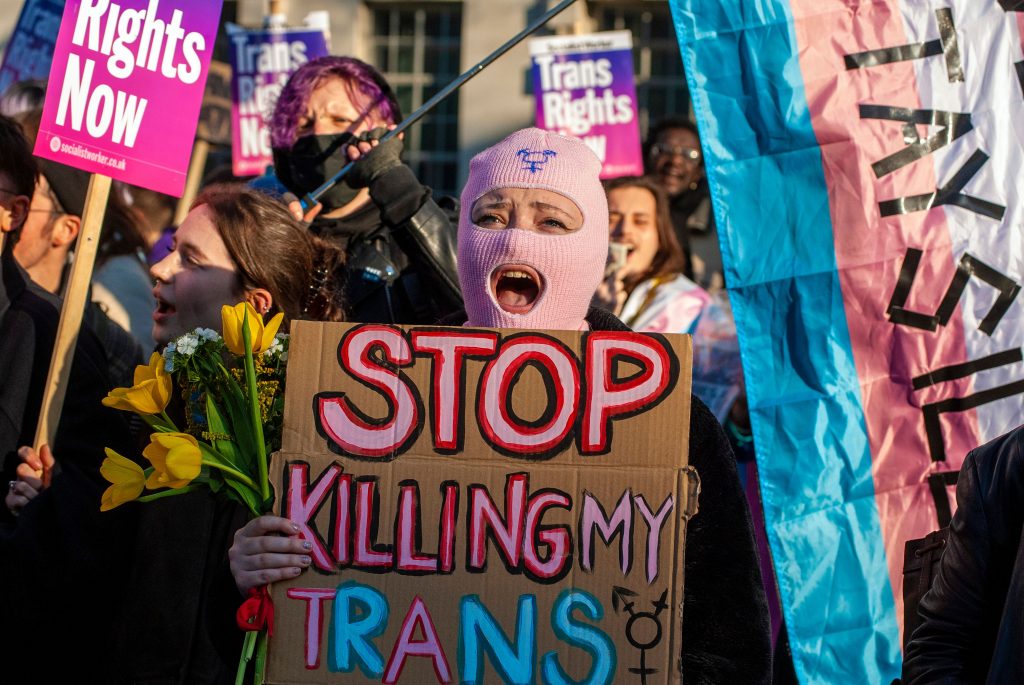
Down to the hard work and dedication of trans and genderqueer activists, the UK’s first Trans Pride took place in Brighton in 2013, galvanising community support for the fight for trans inclusion and bringing the plight of the UK’s trans community to centre stage.
After the event the organisers said: “We’re here to inspire all trans, intersex, gender variant and queer people to help us make a real difference.
“By promoting equality and diversity through visibility, we will educate and eliminate discrimination we face, and celebrate our unique history and gender diversity.”
The success of Brighton and Hove Trans Pride is cause for celebration, and an important event which opened the door for the annual Trans pride event.
Despite this there remains a lot of work to do in terms of trans representation and acceptance in the UK, especially in the wake of a spike in hate crimes towards trans people spurred on by public arguments, media disinformation and public hysteria.
2017: Historic injustices recognised via posthumous pardons for gay and bisexual men
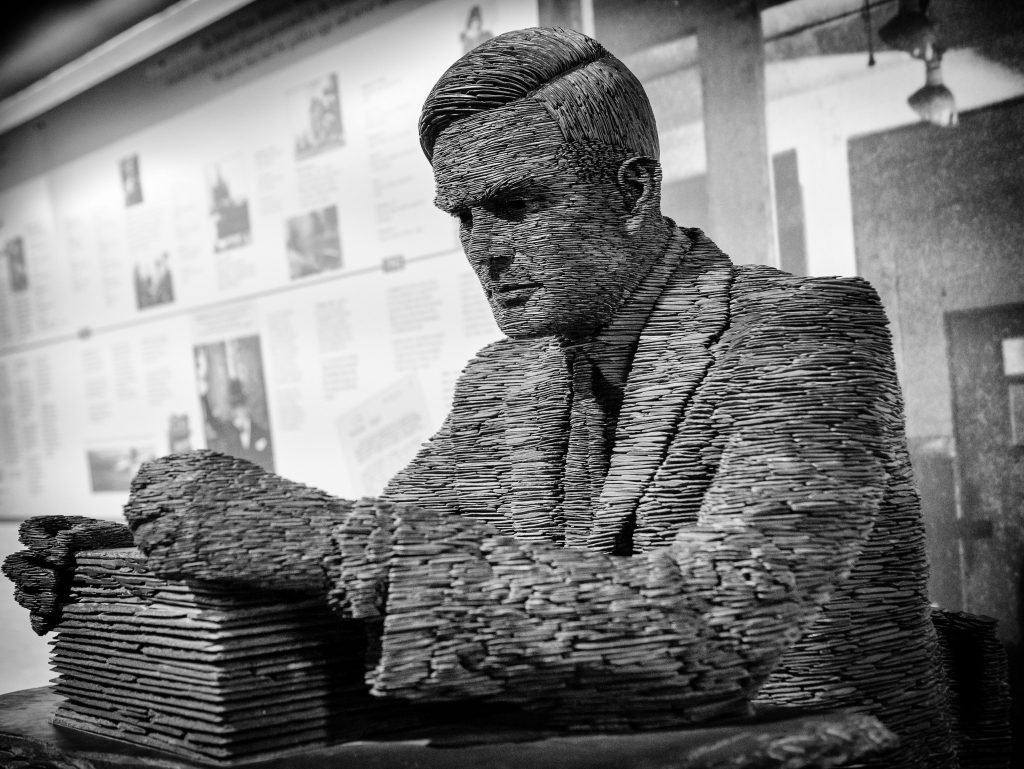
The Sexual Offences Act of 1956 and other various pieces of legislation criminalised men (and other Queer people, but most prosecutions were men) for simple acts of love that are entirely legal today – including having sex with men, but also kissing, holding hands, going to LGBT venues or even chatting up others.
In January 2017, thousands of gay and bisexual men from England and Wales who had been criminalised and prosecuted under the sexual offences act (and other legislation in some cases) were posthumously pardoned, meaning it only applied to those already dead.
Anyone who was convicted under the old offences, and is still alive, must make an application to get them deleted from their record.
This is done by applying for a disregard through the Home Office’s disregard scheme, which has been criticised as representing the homophobia still so powerful within our bureaucracy today.

